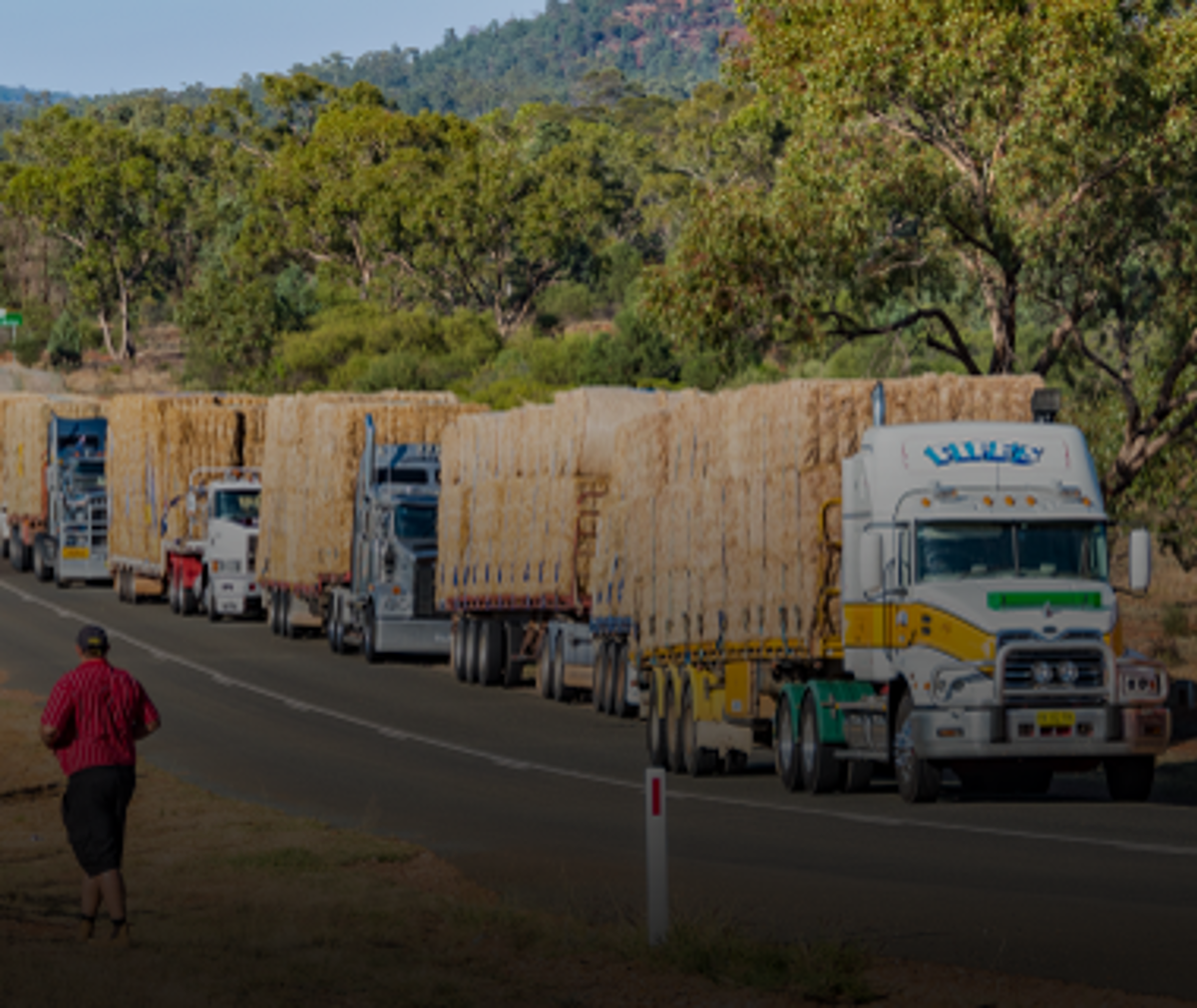
Manage your risk
CoR in Australia and New Zealand is about making everyone in the supply chain legally accountable for keeping the public, drivers, the environment and property safe.
You're At Risk If You:
- Own or operate heavy vehicles
- Employ or contract drivers to operate a heavy vehicle
- Hire or engage 3rd parties to transport goods/people on your behalf
- Load, unload, schedule, or manage a site where heavy vehicles are loaded/unloaded
- Influence transport decisions in any way
How CoRsafe protects your business
-
Who is affected by CoR?
CoR affects everybody involved in moving goods throughout a supply chain using heavy vehicles. The concept of CoR now exists in all Australian States and Territories except the Northern Territory. The concept also exists in New Zealand.
-
Why is CoR important to my business?
Many of the factors that can contribute to a heavy vehicle related incident are influenced by parties other than the driver. This means you have an opportunity to ensure that your transport activities don’t result in a heavy vehicle related incident, and you could be legally liable if you’re not sufficiently managing those risks.
-
What is the impact of CoR on my business?
Think of CoR like an extension of your Workplace Health & Safety (WHS) obligations – for WHS, your role is to manage risk, and keep people safe. With CoR however, it goes beyond just managing the hazards and risks in your work environments – this means critically reviewing where you have influence or control over a transport activity, and ensuring you’re doing everything so far as is reasonably practicable to manage hazards and risks associated with those activities.
-
When do we need start managing CoR?
If you have obligations under CoR and you’re not already managing it proactively, you need to start managing CoR now. Like many things however, it’s never a “one-and-done” activity. What we know about hazards, risks, controls and transport activities is constantly changing, so ensuring you and your teams are up-to-date is critical.

CoR responsibilities
Applicable Gross Vehicle Mass (GVM)
CoR applies whenever you’re involved in an activity that influences or controls how a heavy vehicle is used. A heavy vehicle is defined as a vehicle with a Gross Vehicle Mass (GVM) of over 4.5 tonne Gross, except in Western Australia where there is no minimum GVM, or in New Zealand, where it is for vehicles over 3.5 tonne Gross.
Responsibilities cannot be contracted out
Once you have a CoR duty, engaging 3rd parties does not remove that duty.
Additional legal obligations
- Loading and Load Restraint
- Mass
- Dimensions
- Speed Management
- Fatigue Management
- Vehicle Standards (Equipment Maintenance / Condition)
- and, in New Zealand, Operator Licencing
But CoR is about more than managing these risks. It’s about ensuring you have the right systems, processes and controls implemented and working to ensure your transport activities are safe.

2018 HVNL reforms
In October 2018, governments implemented a number of reforms to Heavy Vehicle National Law. In particular, these were to:
Create a positive and proactive duty to ensure safety (no longer requiring an incident to occur for there to be a breach of the law).
Hold executives responsible for exercising due diligence, and ensuring their business meets its obligations.
Massively increase fines, which can now be over $4.1 million for businesses and $424,000 and up to 5 years jail for individuals. (Note: These values are accurate as of 1 July 2025 .)
A CoR management system needs to:
-
Be implemented across your business
Be implemented across your business, and throughout your supply chain, ideally integrated with your safety management system.
-
Reflect how work is actually done at your sites
Reflect how work is actually done at your sites, for your suppliers (including those overseas), and any 3rd parties engaged to transport, store or pack products on your behalf.
-
Work effectively
Work effectively at managing the hazards and risks associated with your transport activities. That means your teams and suppliers need to understand their role and legal obligations, and your business needs to regularly monitor and review the effectiveness of what’s been implemented.
